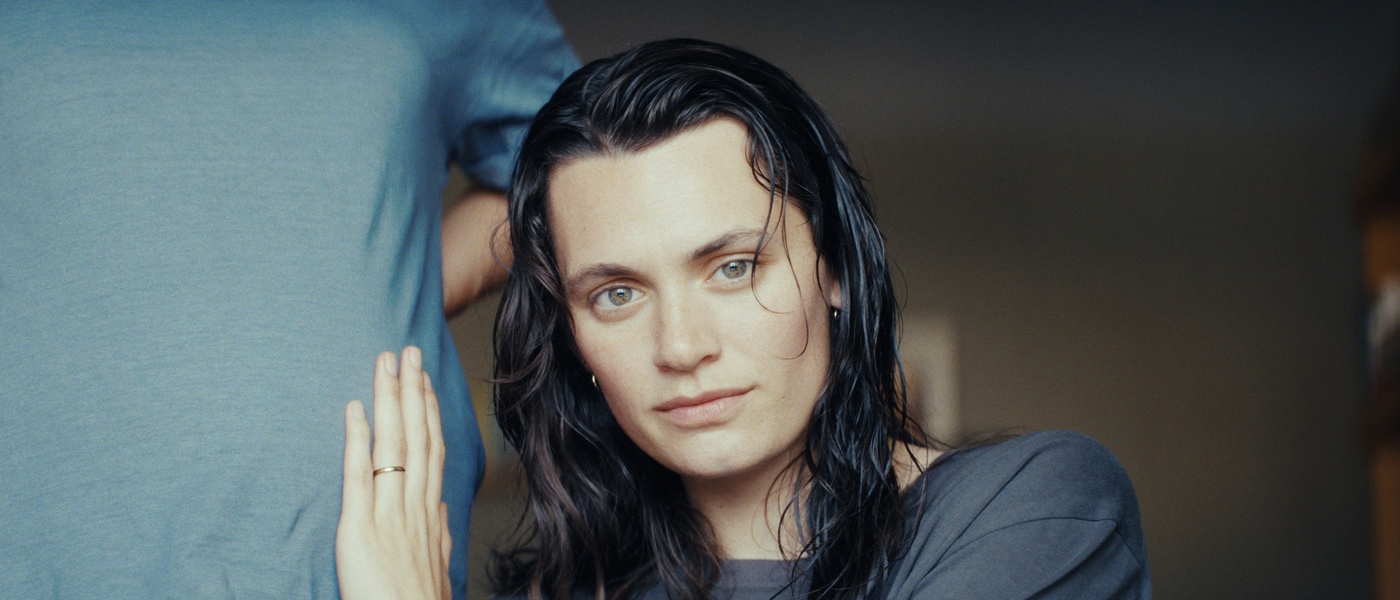Interview with Alice Douard, Love Letters director
by Chloé Caye

by Chloé Caye
Interview with Alice Douard
The plot and structure of the film rely on the stages of a legal process that the characters must complete. How did you familiarise yourself with that procedure?
I went through the adoption process with my daughter, to whom my wife gave birth in 2018. I wanted to address that legal aspect by connecting it to something intimate, because it all felt very novelistic. Building a file is a bit like writing a script: they recreate their relationship in the eyes of the law. So it could become the throughline for a story about co-maternity. The film begins during the pregnancy and ends with the child’s birth. The story starts from a very specific story - two women having a child - and arrives at something utterly universal: what kind of parents will we become? How will we love? Should we make up with our own parents?
At the heart of Love Letters, is a brilliant duo of actresses. How did you choose and bring them together?
I wrote the character of Céline with Ella Rumpf in mind. I needed an actress with a vivid inner life, someone onto whom audiences could project. Ella has that gaze, that presence, that aura - almost Hollywood-like. The real challenge was finding the right actress to pair her with, because I wanted them to exist fully on screen - both individually and together. And with Mona Chokri - who is truly unique - there was this connection, almost an alchemy, with Ella.
Given the topics raised in the film, comedy does not seem an obvious choice. Why choose this very joyful tone?
My experience, gathering testimonies, was that we often found ourselves in rather funny situations. People dared say things that, sometimes, left us speechless. But it was always because they felt awkward, they were never mean. I also wanted to approach this topic with comedy to shift the mood that often surrounds representations of homosexuality. LGBTQ+ films are commonly - and rightly so - harsh or sad. We wanted a film focused on joy and life. My deep ambition would be for someone who participated in the 2013 anti-gay marriage demonstrations to admit they were wrong. It is not a film designed to reignite a conflict. On the contrary, I would like a reconciliation. The purpose of this work is to show the truth, far from the demonstration slogans. The truth is this: people love, and people doubt. Intelligence is the ability to change one’s mind, to shift perspective. This can be done through struggle and violence - and I took part in these movements - but it can also be done over time and by listening. That is why we wanted to make a film that speaks to a broad audience and brings people together.